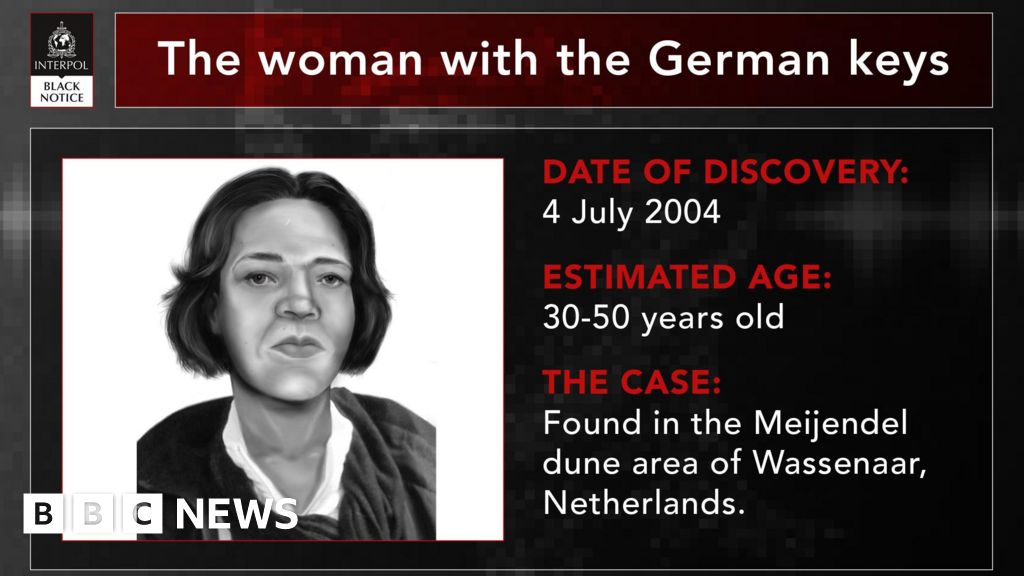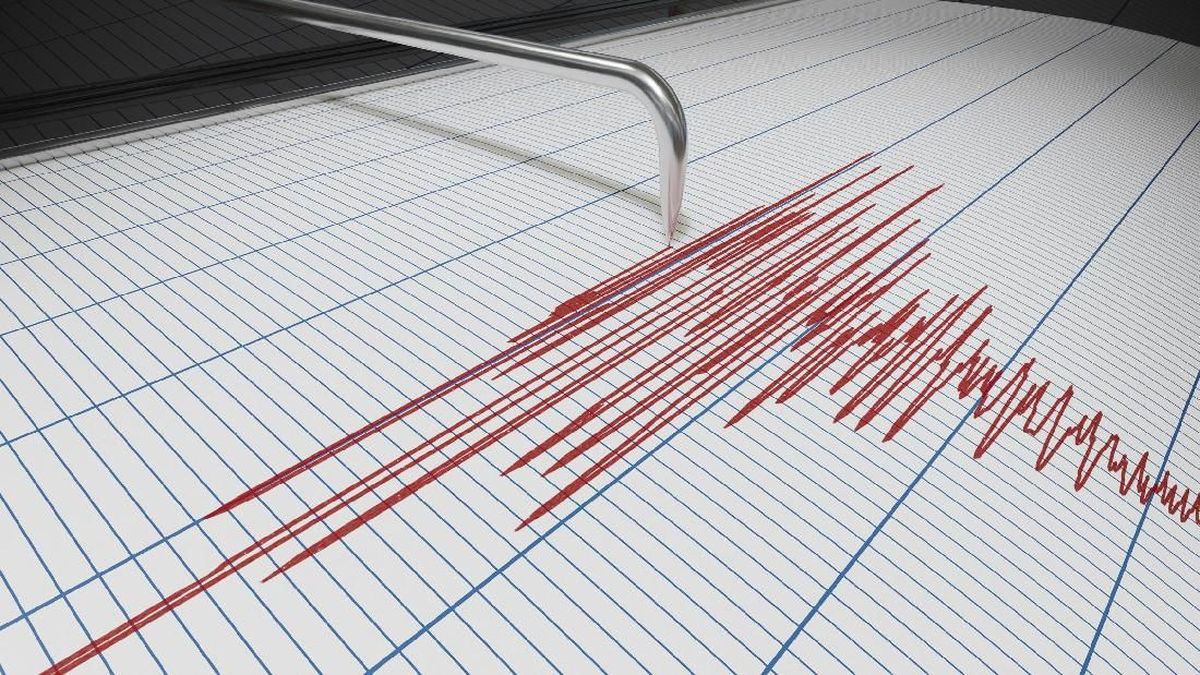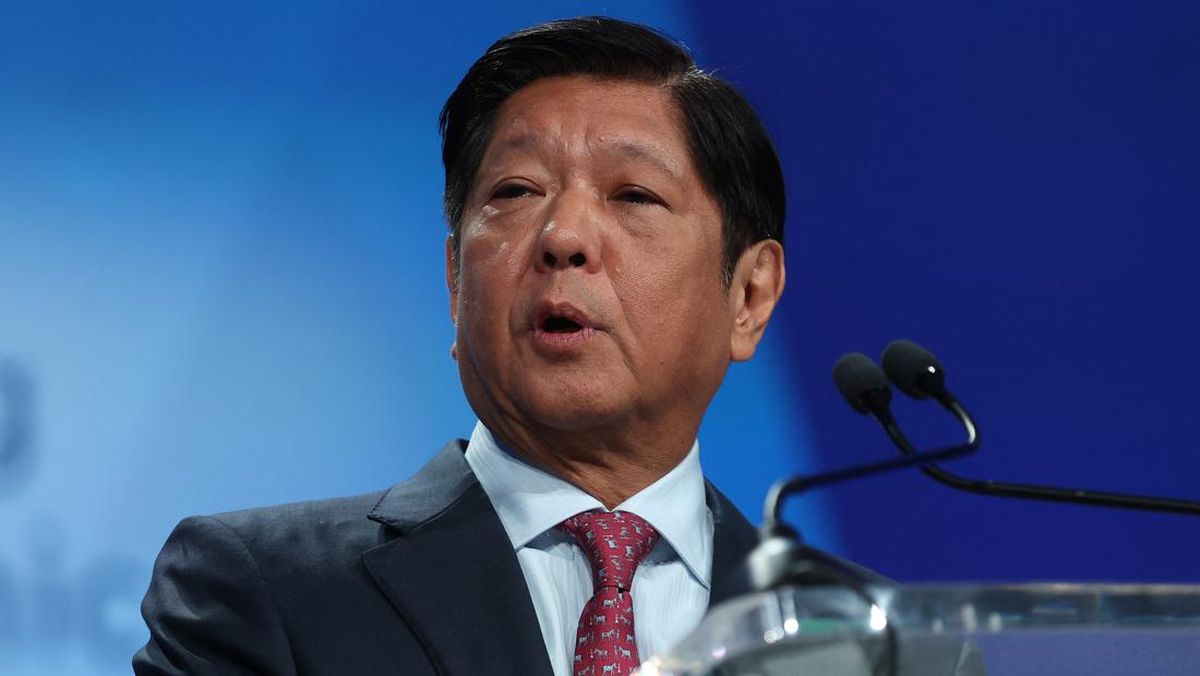ASX set to slide, Wall Street seesaws after Fed decision
We’re sorry, this feature is currently unavailable. We’re working to restore it. Please try again later.
By Stan Choe
September 18, 2025 — 5.18am
Wall Street has seesawed after the Federal Reserve cut rates and indicated more are coming before the end of the year.
The S&P 500 slipped 0.3 per cent in late trade, even though the vast majority of the stocks within the index were up, and it was hanging near its record set at the start of the week. The Dow Jones Industrial Average was up 290 points, or 0.6 per cent while the Nasdaq composite fell 0.9 per cent because of drops for a handful of influential Big Tech stocks.

Wall Street has had a rocky afternoon after the Fed announcement. Credit: Bloomberg
Fed chair Jerome Powell was holding a press conference at 4.30am AEST.
The Australian sharemarket is set to retreat, with futures at 39 points, or 0.4 per cent, at the open. The ASX lost 0.7 per cent on Wednesday. The Australian dollar US66.57¢ at 5.16am AEST.
The moves came after the Fed cut its main interest rate for the first time of the year, as Wall Street had been widely expecting. What was more important to the market were the projections that Fed officials published showing they expect more cuts to interest rates to be likely this year and next.
Loading
They indicated the typical member expects the federal funds rate to fall to a range of 3.25 per cent to 3.50 per cent by the end of next year, down from the current range of 4 per cent to 4.25 per cent.
Stocks have already run to records on the assumption that easier interest rates are on the way, and critics said they had become too expensive. If Fed officials had indicated several more cuts were unlikely, the disappointment could have sent stock prices skidding.
Easier interest rates can give a kickstart to the economy, and the job market is showing signs that it needs help. Hiring recently has been weak enough to indicate the job market may the bigger problem for the economy than the threat of higher inflation.
The Fed is in charge of setting interest rates to influence both inflation and the job market, and it had been keeping rates on hold so far this year because it’s been worried about how much President Donald Trump’s tariffs will raise prices for all kinds of products. Inflation has so far refused to go back below the Fed’s 2 per cent target.
Stocks of companies that can get the biggest benefit from easier interest rates helped lead the way after the Fed released its projections. Small companies often need to borrow money to grow and compete with their bigger rivals, for example, and the smaller stocks in the Russell 2000 index rallied 1 per cent to lead the market.
Lyft drove 11.9 per cent higher after saying it will bring autonomous ride-hailing service to Nashville with Waymo.
Workday rose 6.9 per cent after Elliott Investment Management said it’s built a stake of more than $US2 billion ($3 billion) in it and supports its management. The company, which helps customers manage their finances and human resources, recently increased its program to send cash to investors through purchases of its stock by up to $US4 billion.
But drops for a handful of influential Big Tech stocks weighed on indexes. Nvidia fell 3.2 per cent, and Broadcom sank 4.7 per cent, for example. They earlier had been helping to carry Wall Street to records amid the frenzy about artificial-intelligence technology, almost regardless of what interest rates were doing.
RCI Hospitality Holdings dropped 8.7 per cent after New York’s attorney general accused executives of bribery and other crimes for trying to avoid paying millions of dollars in sales taxes. RCI owns strip clubs and sports bars across the country, including Rick’s Cabaret.
Loading
Online ticket marketplace StubHub bounced between small gains and losses shortly after it started trading on the New York Stock Exchange for the first time. The stock is trading under the symbol “STUB” and priced its initial public offering at $US23.50 per share.
In stock markets abroad, indexes were mixed across Europe and Asia.
Japan’s Nikkei 225 slipped 0.2 per cent from its record after data showed Japan’s exports to the US dropped 13.8 per cent in August from a year earlier, as auto exports were hit by Trump’s tariffs.
In the bond market, the yield on the 10-year Treasury fell to 3.99 per cent from 4.04 per cent late Tuesday.
AP
The Market Recap newsletter is a wrap of the day’s trading. Get it each weekday afternoon.
Most Viewed in Business
Loading


















































